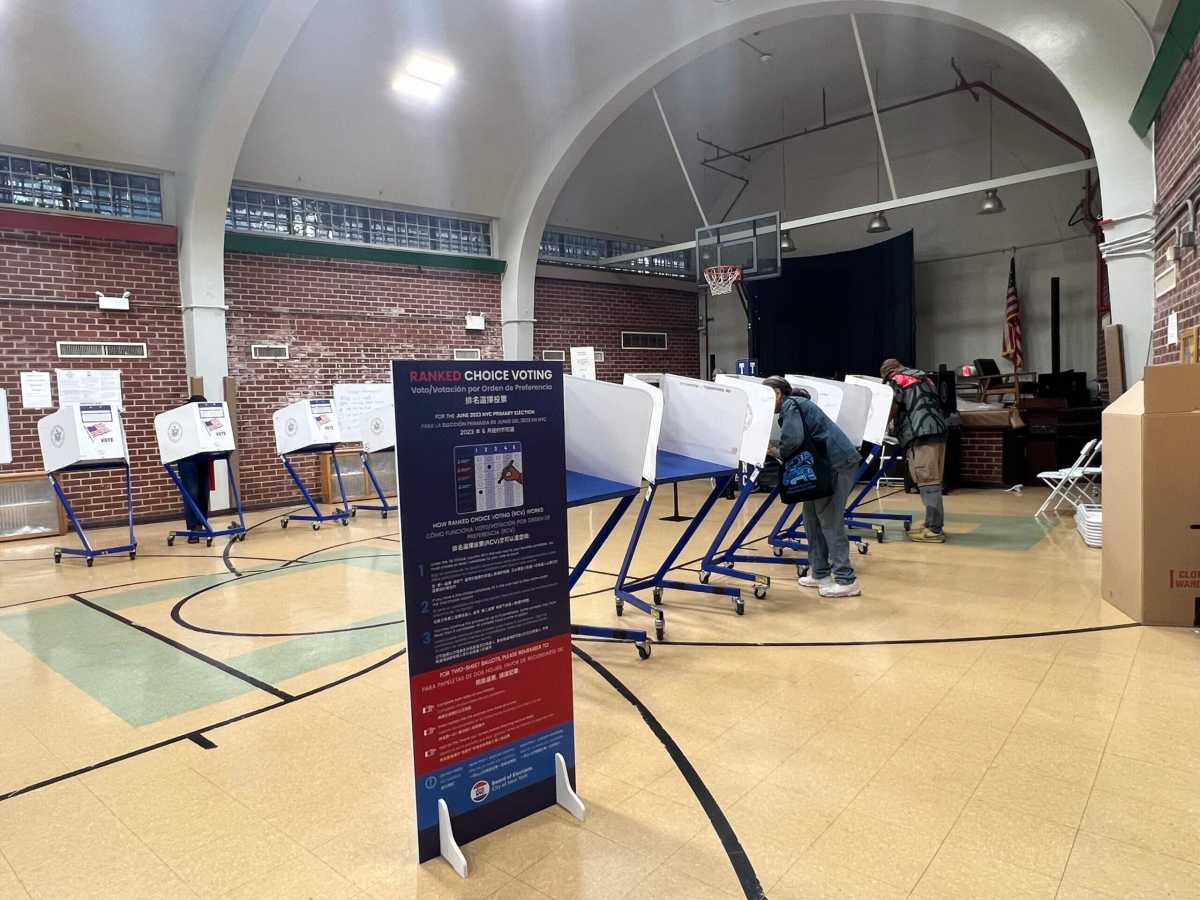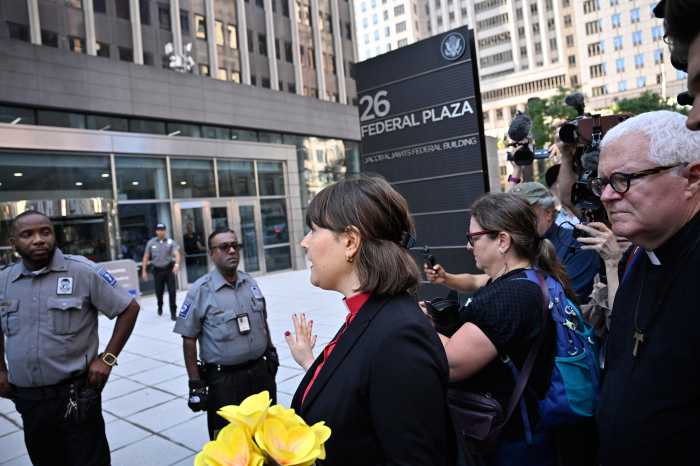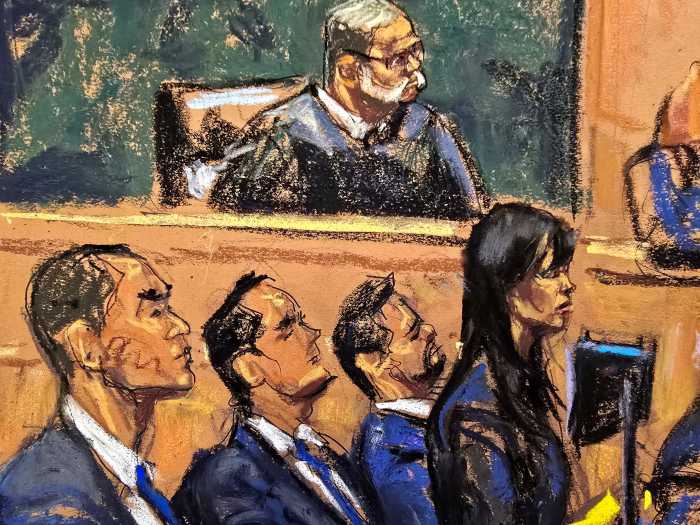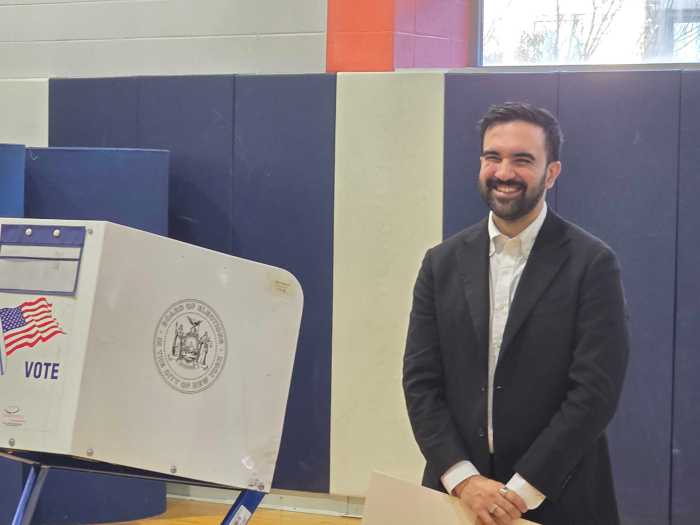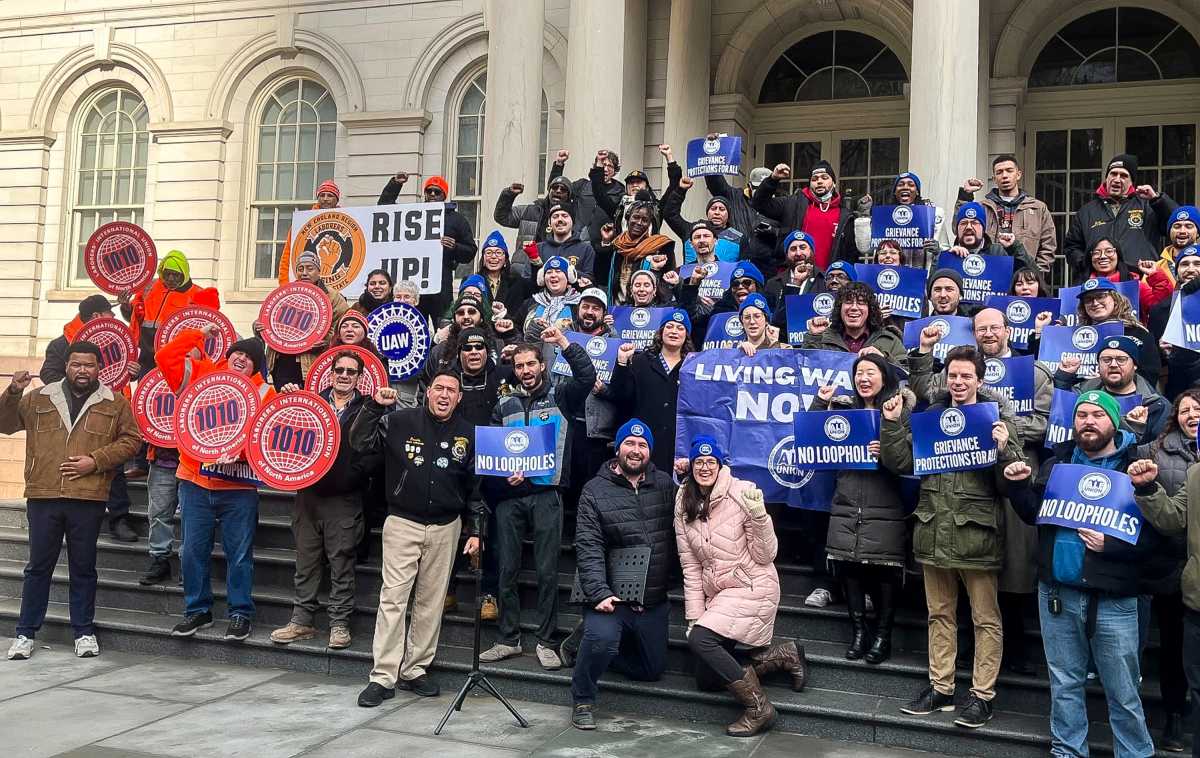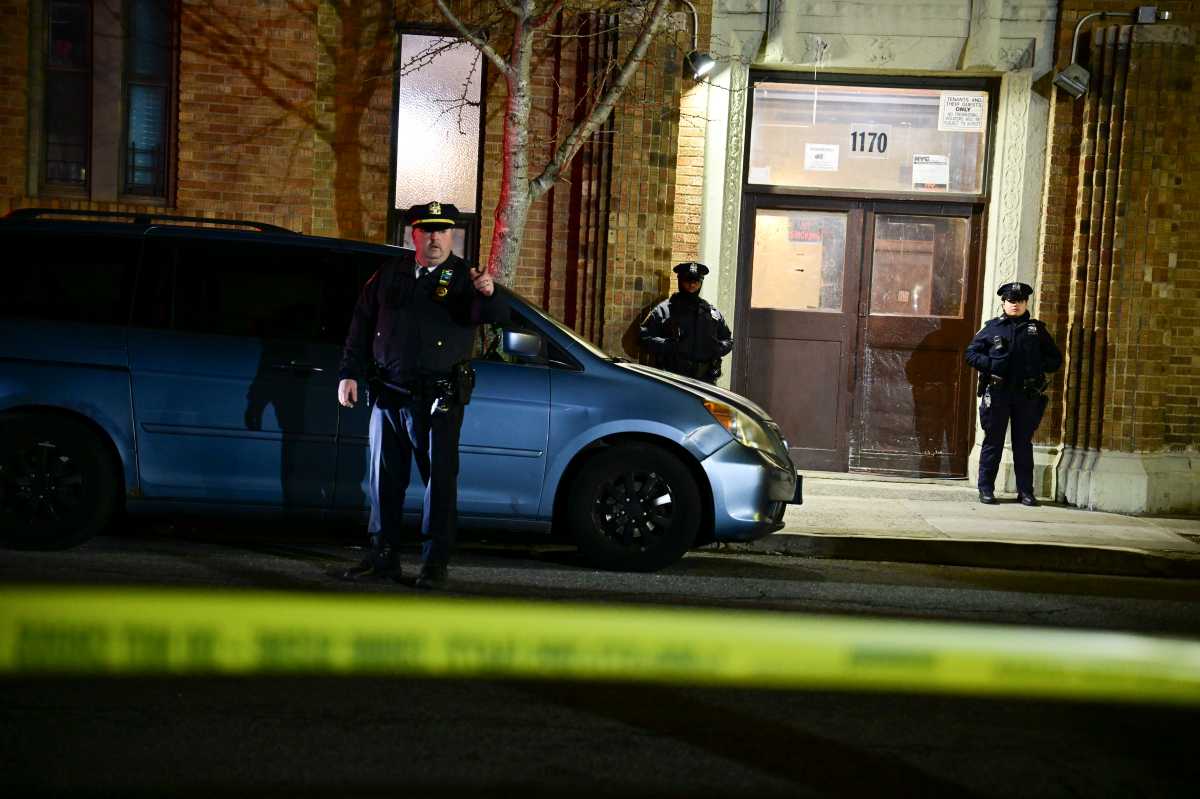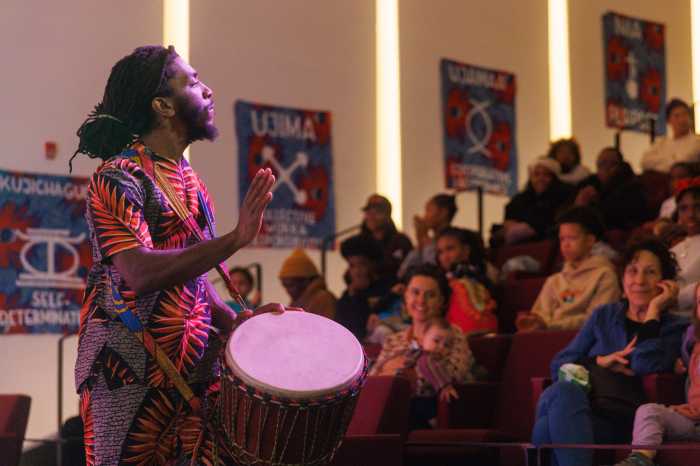This fall, New York state voters will be asked to adopt or reject an Equal Rights Amendment (ERA) in the state constitution — and this is as it should be.
Up until Tuesday, such a ballot referendum was in serious doubt. Opponents of the ERA tried to use the court system to derail the plan based on a technicality (the plaintiffs claimed state Attorney General Letitia James, who supports the ERA, never properly signed off on it), and found a favorable ruling from a state judge.
However, on June 18, a state appellate court judge overruled the lower court’s ruling and put the ERA referendum back on the ballot in the Nov. 5 general election. The question of whether this amendment is ratified into the state constitution can and ought to be left to the voters now, and not the courts.
The ERA could be the most important constitutional amendment in New York state history. Modeled after the national ERA that fell short of full ratification in the 1980s, the state ERA (if adopted) would hold that “no person shall be denied the equal protection of the laws of this state or any subdivision thereof … because of race, color, ethnicity, national origin, age, disability, creed [or] religion, or sex, including sexual orientation, gender identity, gender expression, pregnancy, pregnancy outcomes, and reproductive healthcare and autonomy…”
Quite obviously, the ERA’s goal is to derail the culture wars in New York that have swamped society, pitting American against American over issues such as women’s reproductive rights, transgender rights, LGBTQ+ rights, etc.
Activist governments and courts across the nation have told American women that they cannot choose to have an abortion under any circumstance; and have told transgender athletes that they cannot compete in the gender with which they identify. Some have even sought to take additional rights away because of a person’s gender or how they identify themselves.
The culture wars amount to an ongoing attack on personal freedom, and the ERA is about restoring the concept of personal freedom among every person living in the Empire State. No New Yorker is inferior to another; we are all deserving of the same rights and protection under law. No New Yorker should ever try to take someone else’s rights away or foist their own beliefs upon others to the point of dehumanizing them, and removing their dignity and freedom.
But the question of whether the ERA should become the law of the land in New York should be answered by the voters, who by law have the final say on constitutional amendments in this state.
With all due respect to the courts, this issue is too important to be left to the jurists. It is time for the voters to decide the ERA’s fate, and let their voices be the last word.
Read More: https://www.amny.com/politics/



